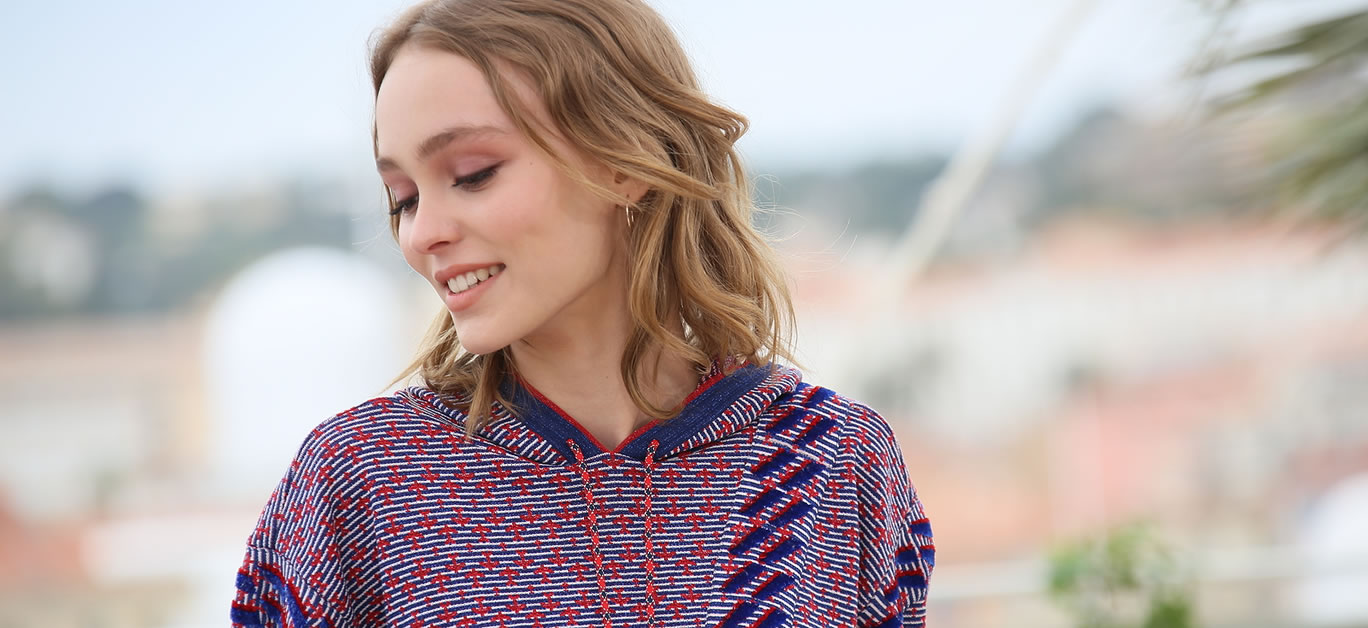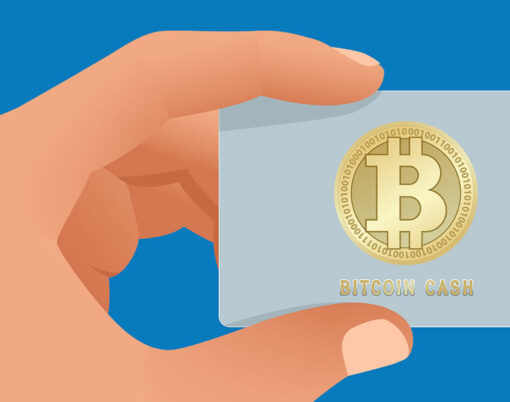There’s no denying that the world of marketing has been transformed over recent years, with influencers becoming the go-to vehicle for luxury brands looking to get their products in front of just the right audience. In a world where advertising had already begun to go largely digital, the advent of social media platforms like Instagram and later, TikTok, heralded the beginning of a new era that would make marketing budgets work more efficiently than ever.
On track to reach an eye-watering $15 billion in value by 2022, more mass-market and ultra-luxury brands than ever are turning to influencers as a means of boosting their social strategies – and likewise, a growing number of content creators are looking to monetise their content, with many choosing to team up with a leading PR agency in London to help them boost their profiles and land lucrative brand deals.
But according to recent research that revealed just three per cent of consumers are now influenced to make a purchase by online influencers, and influencer engagement tanking by the day, how long can both luxury brands and content creators alike continue to ride the wave?
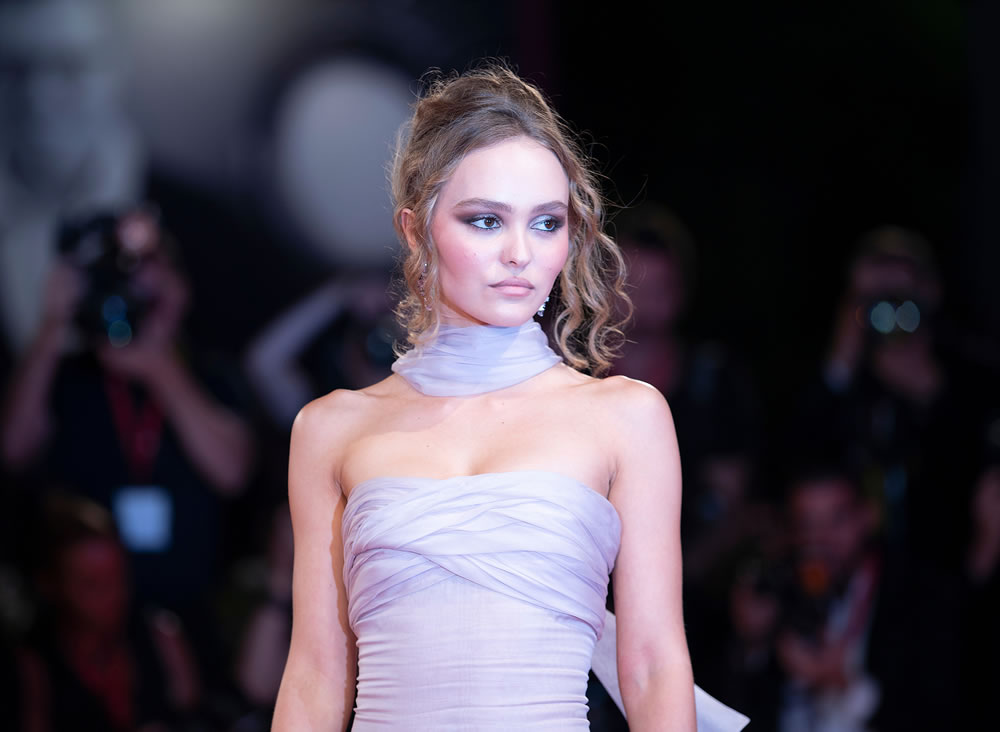
The challenge for luxury brands
For luxury brands, embracing influencer marketing has always presented its challenges. For esteemed names that have worked hard to build their prestigious reputations, the idea of placing that into the hands of an individual is daunting – and finding just the right influencer for the job, without cheapening the brand, a challenge. High-net-worth and ultra-high-net-worth individuals, in particular, are statistically less likely to be influenced than less wealthy individuals, responding only to brands that align with their social image and personal values – which has led some luxury brands to question whether this is, in fact, the right strategy for them at all.
Nevertheless, some high-end brands have managed to see some incredible success by enlisting celebrity influencers to help them to gain prominence within their target audiences. Take, for example, the collaboration between luxe fashion brand Chanel, and 22-year-old Lily Depp – which proved to be the perfect vehicle for reestablishing and realigning the brand with a younger, Generation Z audience.
But in 2018, Gucci famously banned the gifting of its products to influencers – whether celebrities or social media stars – after declaring that the practice was cheapening its brand. By ensuring its products were everywhere, a spokesperson said at the time, the brand lost the exclusivity for which it was known – which ended up having a detrimental impact on sales figures amongst its high-net-worth customer base.
It seems that there is a fine line between promotion and saturation, especially for ultra-luxury brands – and getting it right is proving ever more difficult.
The problem is exacerbated with the increase in fake accounts across the board – particularly those that buy followers in a bid to boost their profiles and create the illusion of having clout – although PR agencies and marketing companies are getting wise to spotting such tactics and can weed out the impostors through analysing engagement statistics. Huge follower accounts yet surprisingly low engagement levels are a red flag – and will usually result in collaborations not being offered.
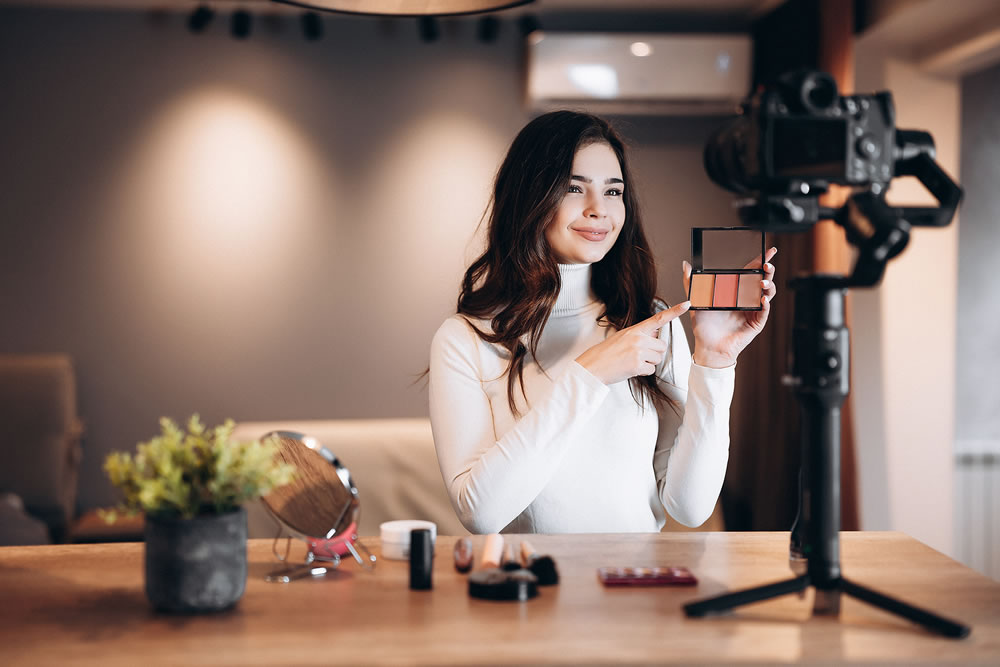
The era of the genuinfluencer
It might sound like yet another gimmick – something the world is becoming increasingly fond of – but a move towards more genuine influencers who showcase a clear passion for their niche and the products they share is imminent. No longer are huge follower counts enough, and today’s luxury brands are seeking out those who are prepared to spread unbiased information and will produce quality content because they take it seriously – not those who are simply looking to make a quick buck, and will do anything to land that deal.
Typically topic experts in a certain niche, ‘genuinfluencers’ – a term coined by trend forecasting company WGSN in December 2020 – are rarely online for financial gain, and are instead creating content out of love for what they do. Wholly focused on making a positive impact and prioritising their morals and ethics, the challenge, of course, will be separating the two different types of influencer – but we are already seeing this become a major trend in 2021.
It’s not just about finding influencers who are passionate – but those whose audiences are, too. Trust between the two is essential for the marketing tactic to work, and audiences must genuinely find content valuable, informative and aligned with their own personal values in order to be swayed by it.
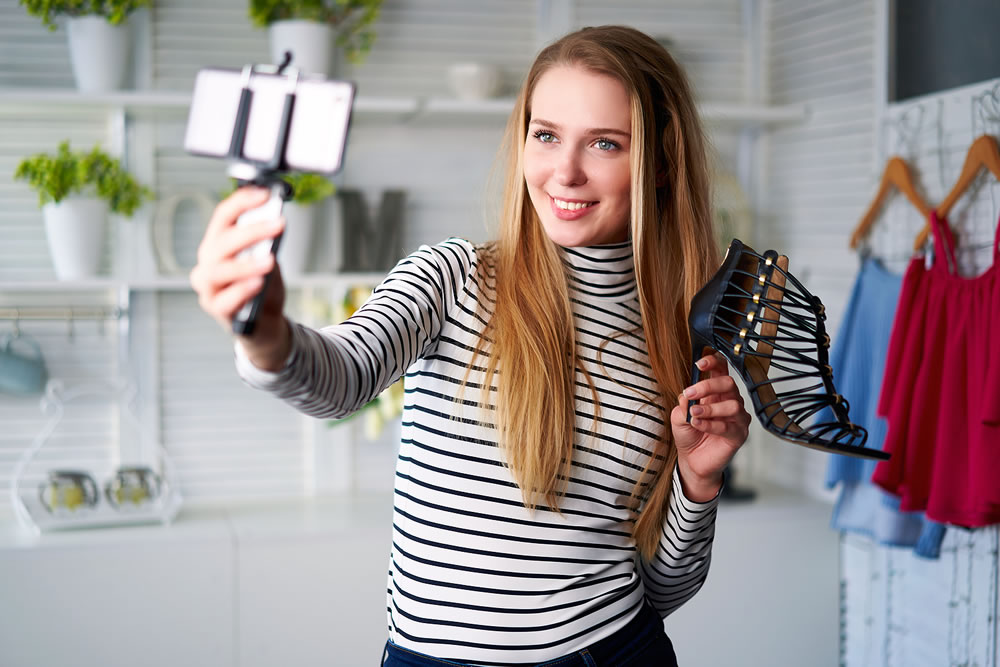
The bottom line
For luxury and ultra-luxury brands looking to increase their market share, ‘genuinfluencer’ partnerships might just solve the conundrum they have always faced when it comes to maintaining their esteemed reputations and the exclusivity of their products.
By working with this new breed of influencer, they won’t just get in front of an engaged and highly targeted audience, but will also be able to demonstrate their support for social issues with the help of a trusted external platform – something that will become increasingly important over the coming years as the younger generations become more socially and environmentally conscious than ever.
2021, it seems, is the beginning of a new era in influencer marketing for luxury brands – so it’s time to wave goodbye to the forced content that is causing fatigue amongst scrollers, and hello to engaging and informative promotional content instead.












